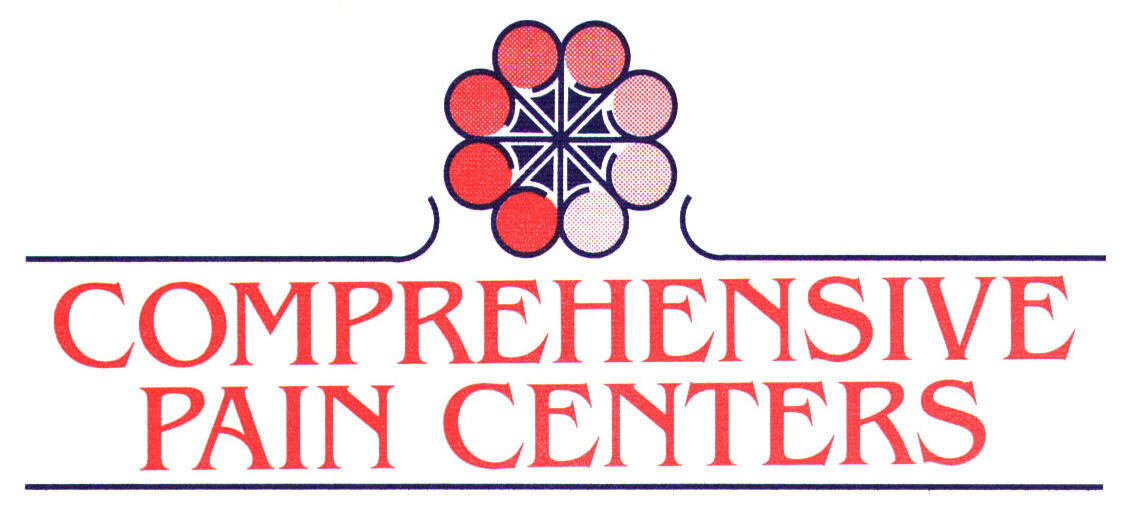Chronic Pain: Which Came First—Pain or Depression?
Chronic pain isn’t just a physical condition. It’s also an emotional one, with tremendous influence over thought and mood. People suffering from chronic pain can, unintentionally or intentionally, isolate from others, especially if they are unable to achieve mobility they once had. And chronic pain isn’t just associated with a physical injury. It can stem from conditions like heart disease, arthritis, migraines, even diabetes.
As physicians, it can be difficult to assess whether chronic pain leads to depression, or if it is vice versa. But, we do know that people with chronic pain are three times more likely to develop symptoms of depression and/or anxiety. Alternately, people with depression are three times as likely to develop chronic pain.
Depression can cause unexplained pain, such as headaches or back pain. People who are depressed also struggle to improve and/or maintain physical health. This is the same with chronic pain patients. Likewise, chronic pain can lead to trouble sleeping, increased stress, feelings of guilt or worthlessness and feeling generally disassociated from a previous “life.” Each of these symptoms are also associated with depression. So, you can see how these influences can create a cycle that is hard to break, or even treat.
Depression can further debilitate people with chronic pain. And these patients may be less likely to recognize and talk about symptoms of depression with their doctor, particularly since they are tied so closely with the pain symptoms they may already be experiencing. In fact, half of all anxious and/or depressed patients, when visiting their doctor, only complain about their physical symptoms. But both pain and depression make each other difficult to treat. It’s important to address both when evaluating treatment options.
If you have some of the following symptoms, it is possible you may be suffering from depression, in addition to chronic pain:
lack of interest in activities
depressed mood or irritability
changes in sleep patterns
changes in appetite
feelings of guilt or despair
lack of energy
trouble concentrating
suicidal thoughts
A pain specialist can help you navigate these symptoms, as well as treating your pain.
